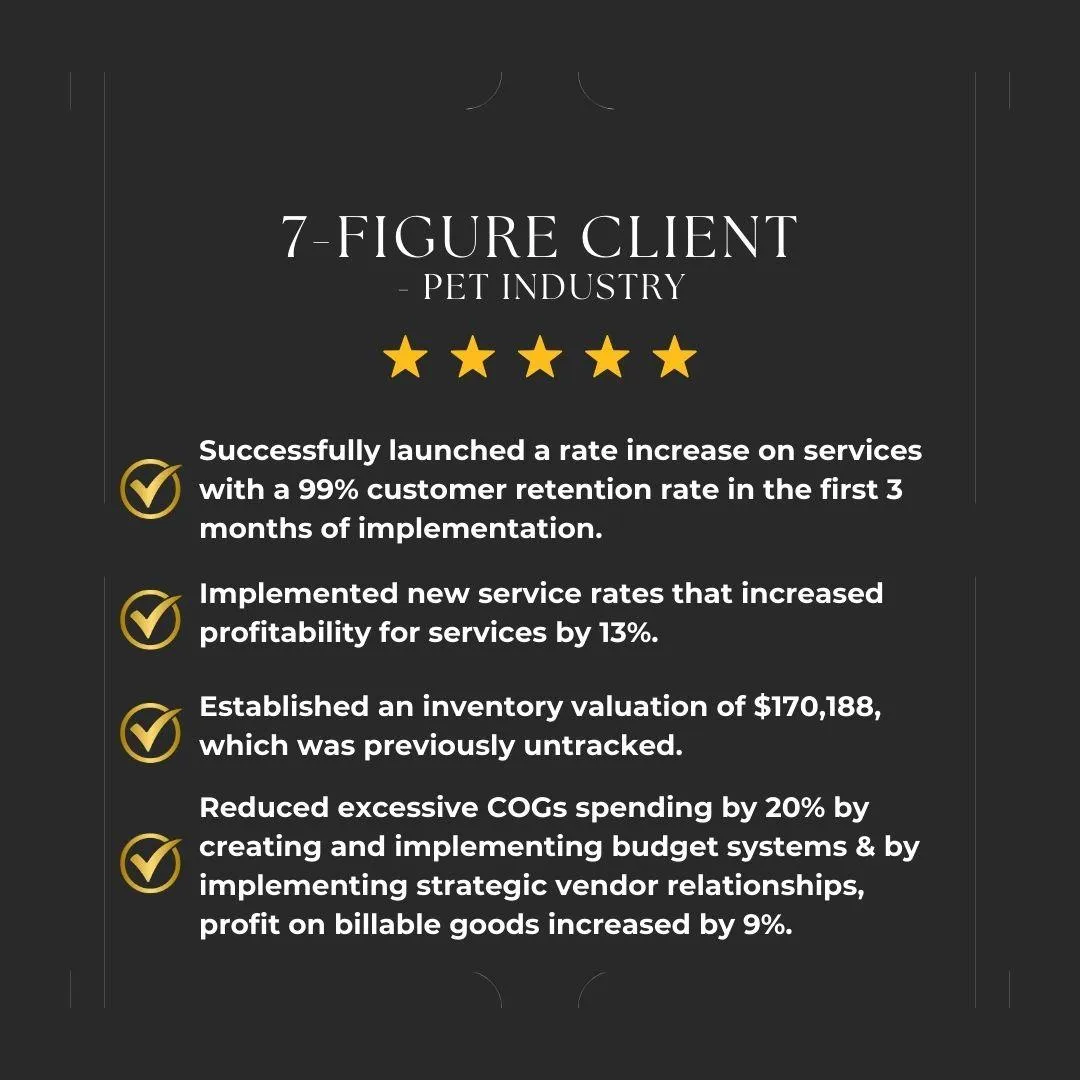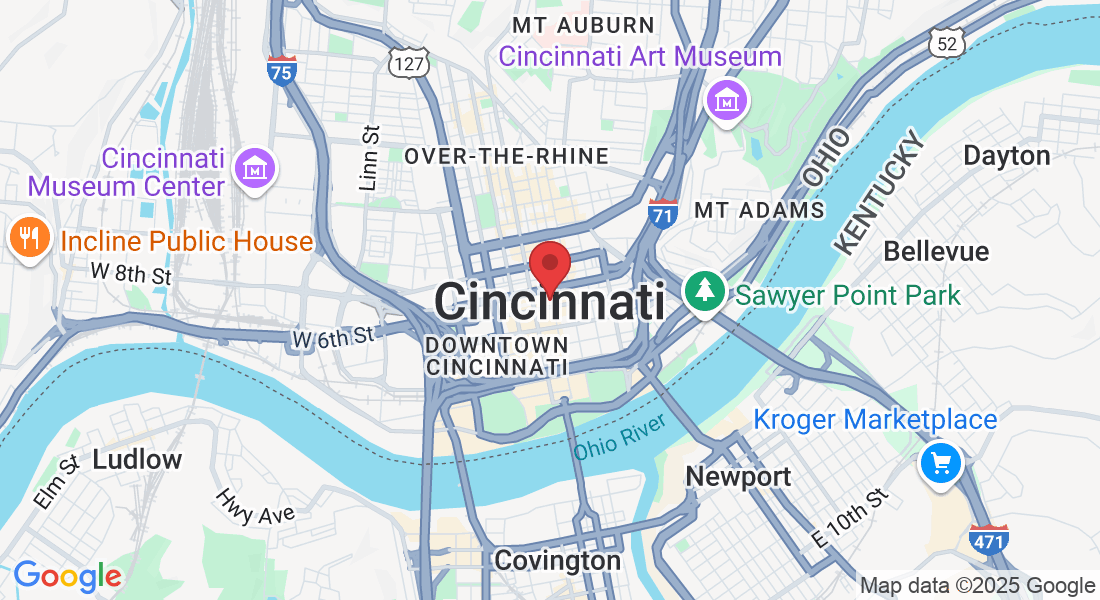See Our Latest Posts and News
Access our FREE Blog and Learning Library of content

Workplace Conscientiousness
Workplace Conscientiousness
What is workplace conscientiousness? The Merriam-Webster Dictionary defines “conscientiousness” as being “the condition or quality of being conscientious” and is, perhaps, not the most descriptive of definitions. (1) Its root word, “conscientious,” provides more substance and relates to being “meticulous, careful” or being “governed by or conforming to the dictates of conscience: scrupulous.” (2) Furthermore, Thomas International, a long-established talent assessment provider, describes contentiousness as “… a trait that is commonly associated with awareness. Typically, conscientious people are well organised, demonstrate self-control and can plan their time very well. They are known as great team players and diligent workers.” (3) I think it is important to focus on the manifestations of both “conscience” and “awareness” as being the key markers of a conscientious individual. I would go a step further in describing conscientiousness in the workplace as not only the ability to observe, assess, and professionally execute work related to your specific job duties, but also to proactively work in harmony with the best interest of your workmates and the company itself. The link between conscientiousness and success is clearly expressed in Psychology Today: “Conscientious individuals tend to be high achievers in academics and in professional life. On the job, along with high productivity, they garner higher earnings, good relationships, work satisfaction, and achievement. In addition, the conscientious tend to land more leadership positions.” (4) With such a strong link between the trait of conscientiousness and success, how can we foster greater conscientiousness in the workplace?
Leaders Must Set the Example
Whether you are the owner, manager, or leader within a business structure, setting an example of workplace conscientiousness can go a long way in boosting employee happiness and productivity. As an authority figure, your team looks up to you to provide direction and set the tone of the business environment. If you do not demonstrate awareness of how your actions and attitude impact those taking direction from you, then how can you expect your employees to respect your position? If you do not hold yourself to the same standards as you expect from your employees, then how can there be a productive relationship between boss and employee? As a boss, being conscientious includes observing and trying to understand your workplace dynamics, trying to put yourself in your employees’ shoes, proactively addressing issues that may cause conflict between employees or in operations, and reflecting on how your management style is working (or not working) for the overall productivity of the work environment. If employees feel that their workplace issues are seen, heard, understood, and addressed promptly and with care by management, they are more likely to take ownership of their roles and approach management more regularly when they need assistance. This is ideal because it not only boosts transparency and communication between management and staff but also allows management to have their finger on the pulse of the company from the ground up. Even small things, such as grabbing the papers off of the printer so that the receptionist does not have to walk down the hall to get them or even saying good morning to each employee with a smile, can go a long way in boosting employee happiness.
Conscientiousness as an Employee
Cultivating conscientiousness as an employee is not only about performing your job duties in a timely and efficient manner. It’s about cultivating trust with management and your fellow co-workers, and ultimately your customers. It includes being aware of how your actions impact others in your work environment and avoiding the “it’s not in my job description” mentality. One great way to improve your conscientiousness is to increase your communication. If you know that there is an issue that will hold up a job task, push back production, or affect the customer experience, do not hesitate to approach management with the observation. If you demonstrate to the owner or manager that you are looking out for the company’s best interest in mind, it will help build trust. It can help to imagine yourself in your boss’s position. Would you rather know before there is a major company holdup (where you could potentially avert it) or after the problem has already manifested? Even if you do not have a strong relationship with your boss, it would serve you well to approach the situation with integrity. You never know how impactful your insight could be or how it could benefit you down the road. Better yet, if you have a few suggestions that you think could help the situation, be sure to voice them! This could go a long way in demonstrating your problem-solving skills and demonstrate your potential for more advanced positions. Similarly, if you know that a co-worker cannot complete their work until you complete a task, proactively shoot them an email or message update, especially if you are running behind! If you have less on your task plate for the day but see another co-worker struggling to get their work done, offer to help with a few items or at the very least, ask if there is anything you can do to help. Sometimes just an acknowledgment goes a long way in fostering healthy workplace relationships.
Taking Responsibility
This is a big one as it relates to conscientiousness. I think we can all agree that no one wants to be in a position where they made a big work mistake. But let’s be real, mistakes happen! Errors will inevitably occur. It is how you react to making a mistake that matters most. Instead of sweeping the error under the rug and hoping that your boss does not find out, do the hard thing and bring it to your boss or manager’s attention. If you have a solution for the error or a suggested consequence for your action, voice it to them as well. This can be a scary idea, but it can demonstrate a high level of integrity, accountability, and conscientiousness on your part. Most bosses will prefer to have someone working for them that they can trust and who makes mistakes sometimes, than someone who does not look out for the interests of the company. Additionally, most bosses and managers would prefer to address problems when they are fresh than let them linger and cause more problems.
Make it Personal
No matter what industry or work environment you are in, there should always be a certain level of professionalism and separation between the personal and professional spheres. However, that does not mean that your boss and co-workers are not human beings with the same range of feelings and frustrations as you. Going out of your way to get to know your workmates and to show kindness to them can not only build lasting and trusted work friendships but also increase overall productivity and cohesion in the work environment. Let’s face it. Many individuals work 40+ hours a week within their work environments. If the overall workplace attitude sucks or is extremely impersonal, it is less likely employees will want to stay in that job. When employees feel seen as individuals by coworkers and management, it can boost the attitude of the entire team. Again, small acknowledgments go a long way! Do you, as a boss or coworker, keep track of your coworkers’ or team members’ birthdays? Buying a coworker or employee a coffee when they hit a major life or work milestone can mean a great deal to them, although it costs little or nothing to do.
All of these suggestions to boost workplace conscientiousness reflect the quality of awareness. Both self-reflection and putting yourself in another person’s shoes are key factors in demonstrating the characteristics of a conscientious person. Treating others as you want to be treated is a good starting point for cultivating workplace conscientiousness. Though many of the above ideas are somewhat common sense and not new or novel revelations, I think in many ways they are easier said than done. They take practice. Many times our individual work situations make it hard to operate with conscientiousness and a high level of integrity. I urge you to take it one day at a time and integrate small acts of kindness and conscientiousness into your daily routine. Over time, it will feel like second nature and, in the end, the right thing to do.
by Heather Richard
Above Par Business Solutions
(1) https://www.merriam-webster.com/dictionary/conscientiousness
(2) https://www.merriam-webster.com/dictionary/conscientious
(3) https://www.thomas.co/resources/type/hr-blog/conscientiousness-personality-trait
(4) https://www.psychologytoday.com/us/basics/conscientiousness
Driving Growth, Amplifying Impact
Rachel B. - Business Owner, Fitness Industry

"Working with Heather has been an absolute blessing! From the very beginning, she helped me transform my business vision, taking me from where I was to where I want to go. Her support has been invaluable across many areas. We not only set clear, measurable goals for my business, but we also focus on the person I need to become within my business—how I show up and the actions I need to take to succeed. Each week, Heather guides me in setting achievable goals, and we focus on analyzing data to understand what's working and what isn't. This allows us to adjust and zero in on the right strategies to reach my goals. I'm incredibly grateful for her guidance and expertise!"

Ariel J. - Consultant, Professional Services

"AMAZING and PROFESSIONAL! Heather is an absolute pleasure to work with. She is professional, on time and courteous. She is always a step ahead and makes our meetings go much faster. She truly cares about her clients and wants the best for them. I highly recommend her."
Get In Touch
Email: [email protected]
Address
Office: Cincinnati, Ohio
Assistance Hours
By Appointment
Phone Number:
(513) 713-7801
Unleash Your Business Brilliance.
I help serious business owners and organizations generate more clients, close more sales, and increase their overall revenue and profits quickly and inexpensively


